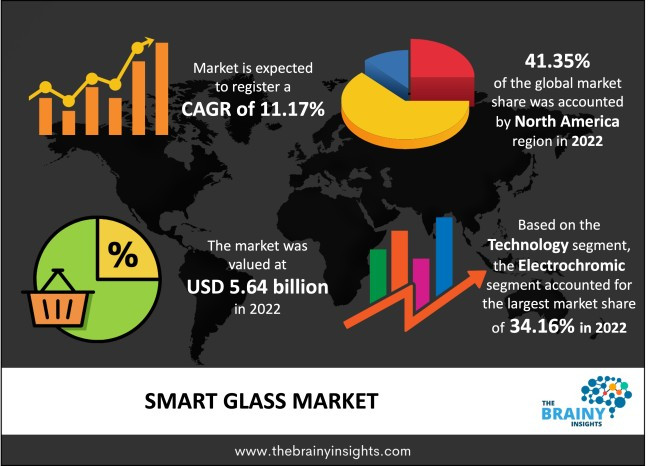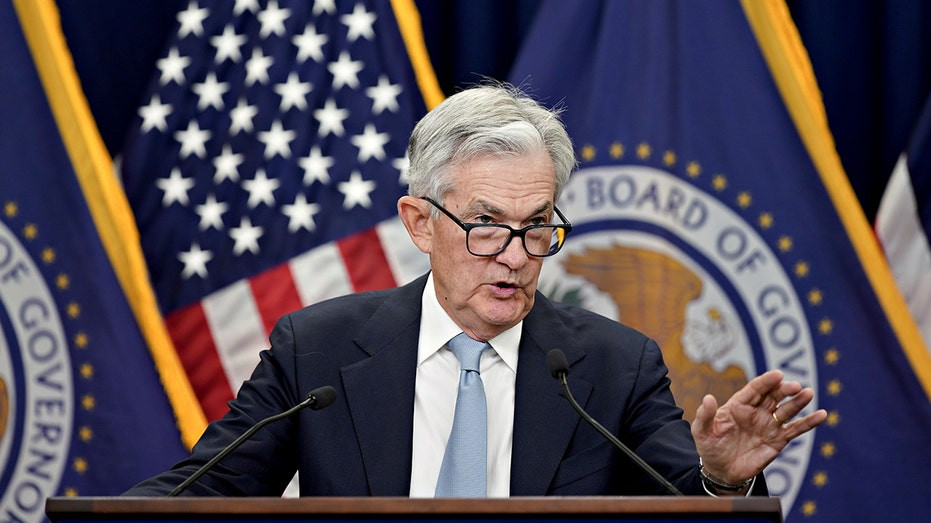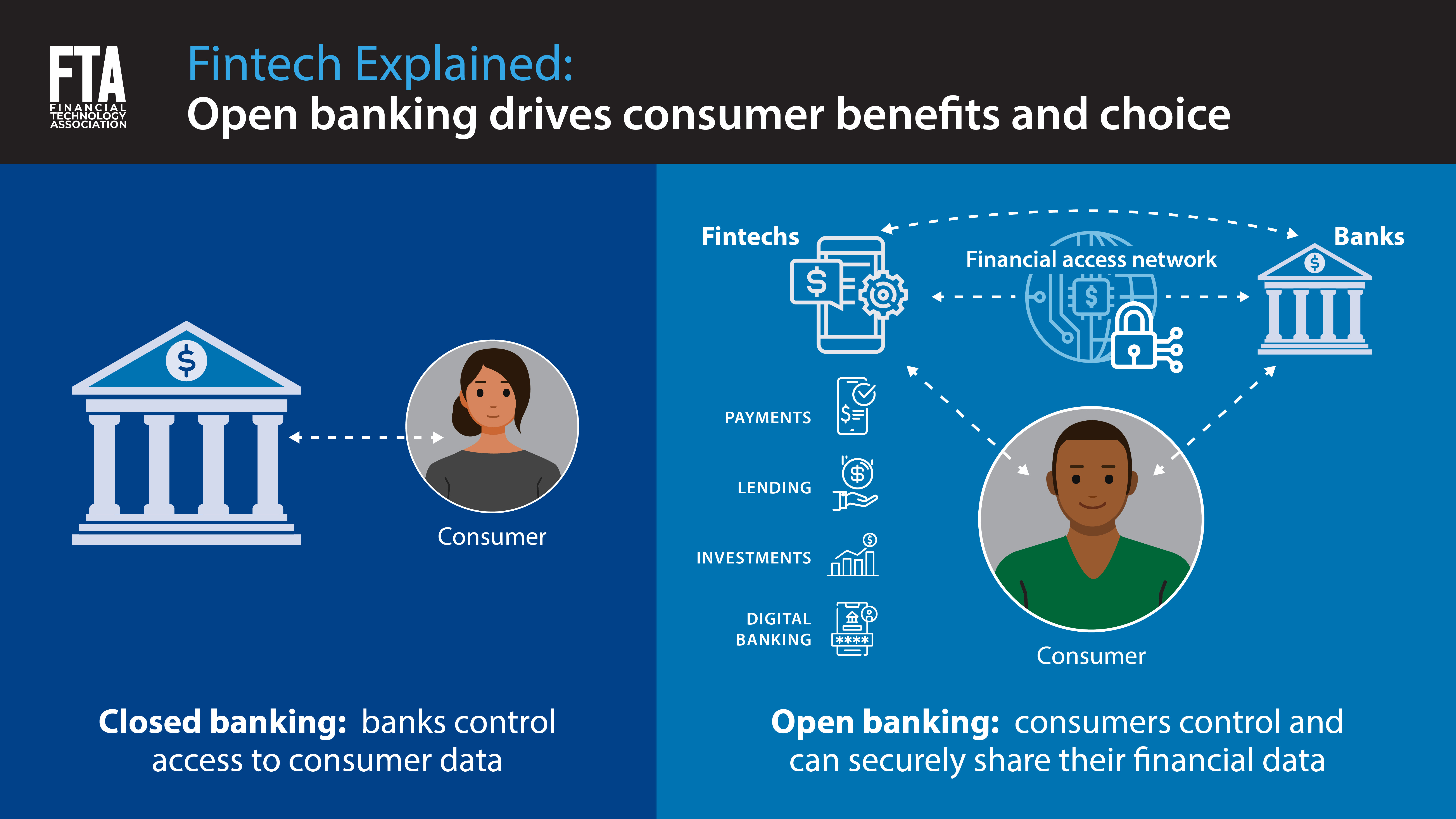The global residential and commercial smart glass market is projected to be valued at USD 58248.1 million in 2024 and further increase at a CAGR of 12.4% during the forecast period. Worldwide sales of residential and commercial smart glasses are set to total USD 187475.7 million by 2034. This growth is driven by increasing demand for energy-efficient and aesthetically pleasing building materials, as well as a growing awareness of the benefits of smart glass technology.
Smart Glass: Revolutionizing Buildings and Homes
Smart glass technologies, including voice assistants, self-cleaning properties, and improved energy efficiency, are gaining popularity due to climate change concerns and green building initiatives. Governments are offering tax breaks and incentives for incorporating smart glass technologies in construction projects. As businesses and homeowners become aware of their benefits, they are adopting smart glasses in their homes and construction projects.
The Appeal of Smart Glass
Smart glass offers a variety of benefits that make it an attractive option for both residential and commercial buildings. For example, smart glass can:
- Reduce energy consumption: Smart glass can automatically adjust its tint to control the amount of sunlight that enters a building, reducing the need for air conditioning and heating. This can significantly lower energy bills and reduce a building's carbon footprint.
- Enhance privacy: Smart glass can be switched from transparent to opaque at the touch of a button, providing privacy on demand. This is particularly useful in homes, offices, and other spaces where privacy is a concern.
- Improve aesthetics: Smart glass can be used to create unique and stylish designs in buildings. This can enhance the overall appearance of a building and make it more appealing to occupants and visitors.
- Increase natural light: Smart glass can allow more natural light into buildings while still providing privacy and reducing glare. This can improve the mood and productivity of occupants.
Challenges to Widespread Adoption
Despite its many benefits, the widespread adoption of smart glass is still being hampered by some challenges, including:
- High initial costs: Smart glass is currently more expensive than traditional glass, which can be a barrier to adoption for some homeowners and businesses.
- Lack of awareness: Many people are still unaware of the benefits of smart glass technology. This lack of awareness is a barrier to adoption.
- Need for additional demonstrations: Because smart glass technology is still relatively new, many potential buyers need more demonstrations to see its capabilities and understand its benefits.
Key Players in the Smart Glass Market
Key players in the smart glass industry, including Gentex Corporation, Asahi India Glass Limited, Glass Apps, LLC, and Kinestral Technologies, Inc., are developing customizable smart glass solutions with features like tint adjustment, integration with smart home systems, and self-cleaning properties. They are investing in research and development to create cost-competitive materials, such as electrochromic or suspended particle display technologies.
Strategies for Success
The key players in the smart glass market are employing a variety of strategies to overcome these challenges and drive market growth, including:
- Developing cost-effective materials: Companies are investing in research and development to create more affordable materials, which will make smart glass more accessible to a wider range of consumers.
- Targeting specialized markets: Companies are targeting specific market segments, such as smart shower enclosures, skylights, commercial space partitions, and greenhouses, to diversify consumer categories and generate additional revenue.
- Optimizing production procedures: Companies are optimizing their production procedures to reduce costs and make smart glass more affordable.
- Exploring substitute materials: Companies are exploring the use of alternative materials, such as electrochromic or suspended particle display technologies, to reduce the cost of smart glass.
The Future of Smart Glass
The smart glass market is expected to continue to grow in the coming years as technology advances and costs decrease. As smart glass becomes more affordable and accessible, it is likely to be adopted more widely in both residential and commercial buildings. Smart glass is poised to transform the way we build and live, contributing to a more sustainable and comfortable future.
The Bright Future of Smart Glass: A Look Ahead
The smart glass market is poised for significant growth in the years to come, driven by a number of factors. As technology continues to advance, smart glass is expected to become even more affordable and efficient. In addition, the growing awareness of the benefits of smart glass, such as energy savings, privacy, and aesthetics, is also expected to drive demand. As a result, the smart glass market is expected to experience explosive growth in the coming years.
The Future of Smart Glass: A World of Possibilities
Smart glass technology is still in its early stages of development. However, it has the potential to revolutionize the way we build and live. As the technology continues to evolve, we can expect to see even more innovative applications of smart glass in the future. From self-cleaning windows to smart skylights that adjust to the weather, the possibilities are truly endless.
The future of smart glass is bright. This innovative technology is poised to transform the way we build and live, offering a more sustainable, comfortable, and stylish future.


















